
Considering a degree in Business Administration? The possibilities opened up by a business degree are especially rewarding, and include jobs in manufacturing, banking, e-commerce, retail, and more. When selecting a program, look for a curriculum that is based on the fundamentals and will teach you how to adapt to the ever-changing global economy.
However, textbooks and trade industry articles, while invaluable to advancing study, are not the only source of useful information for a career in business. Reading a wide variety of business books can actually help you get into business school by expanding basic knowledge of the industry.
Business professors from some of the top schools recommend many of these titles. Whether a person is currently a student or considering starting a degree program, here's a list of 10 must-read books for anyone's shelves which are both informative and entertaining.
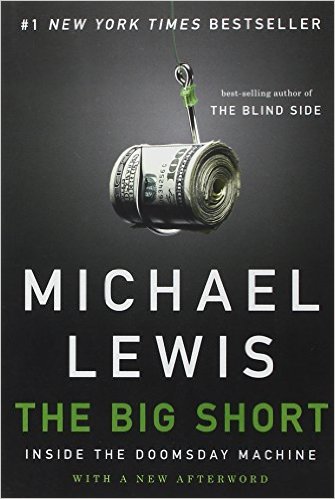 The Big Short: Inside the Doomsday Machine
The Big Short: Inside the Doomsday Machine
(W.W. Norton, 2011) by Michael Lewis
This book tells the story of "the crash." Lewis presents a narrative full of dark humor about how the bond and real estate derivative markets came tumbling down, right onto the heads of lower and middle class America.
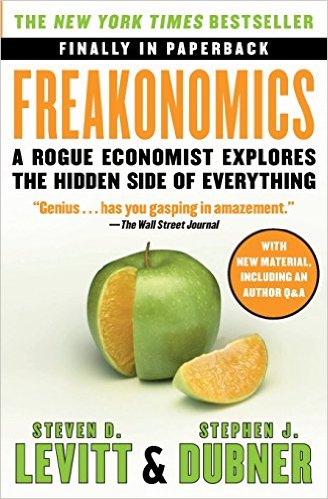 Freakonomics
Freakonomics
(William Morrow, 2006) by Steven Levitt and Stephen Dubner
Levitt and Dubner collaborate to breakdown the economics of the multiplicities of culture, from gangs to real estate agents. In so doing, they explore how people get what they want, and others find ways to profit from those desires.
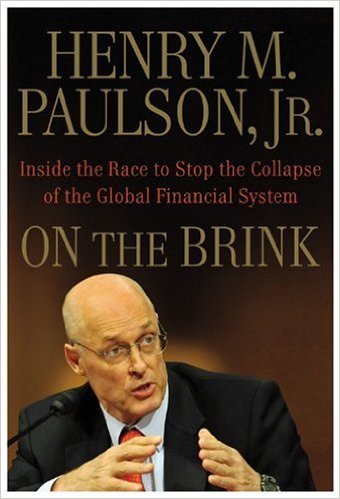 On the Brink: Inside the Race to Stop the Collapse of the Global Financial System
On the Brink: Inside the Race to Stop the Collapse of the Global Financial System
(Hachette Book Group, 2013) by Henry M. Paulson, Jr
Former Secretary of the Treasury Hank Paulson gives a shocking account of what happened during the global financial collapse from a man who was in the middle of it. More than a history, this is a story of the people at the heart of the crisis.
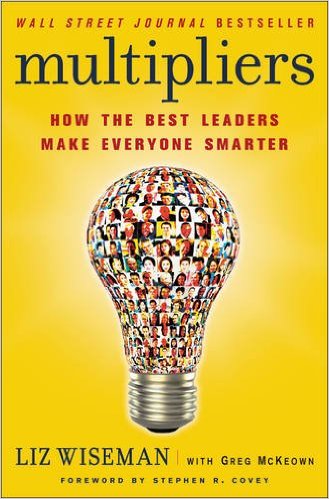 Multipliers: How the Best Leaders Make Everyone Smarter
Multipliers: How the Best Leaders Make Everyone Smarter
(Harper, 2010) by Liz Wiseman
Why do some leaders bring their people up, and others just seem to drain the energy from the room? Wiseman explores why and how leaders work in a book that is a must read for anyone in the business world, at any level.
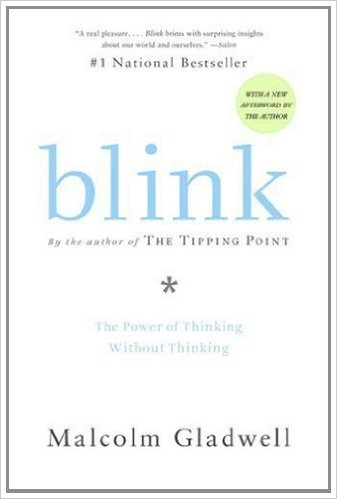 Blink: The Power of Thinking without Thinking
Blink: The Power of Thinking without Thinking
(Back Bay Book, 2007) by Malcolm Gladwell
Sometimes decisions need to be made immediately, without long periods of time to consider all the options. Some people thrive under high pressure, others crumble. This book examines how our brains work under stress, and how to help you sharpen your own snap judgment skills.
 The Social Animal
The Social Animal
(Random House, 2011) by David Brooks
New York Times columnist David Brooks explores the building blocks of human interaction. How does success happen? Answer: With and through other people. This simple but profound insight is a key element of Brooks' story. He demonstrates the social aspect of our minds and defies conventional notions of success.
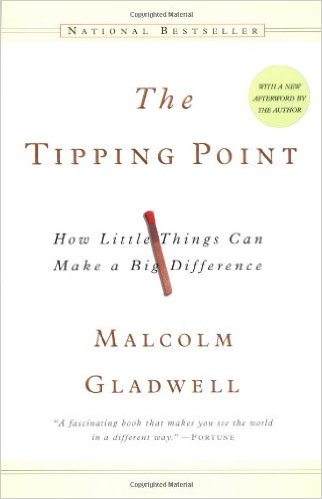 The Tipping Point: How Little Things Can Make a Big Difference
The Tipping Point: How Little Things Can Make a Big Difference
(Back Bay Books, 2002) by Malcolm Gladwell
When does an idea cross the line, the tipping point, to popular culture? When do little things become big things? Gladwell demonstrates the tipping point phenomenon, and how people who sell products or disseminate ideas can get their things across the line.
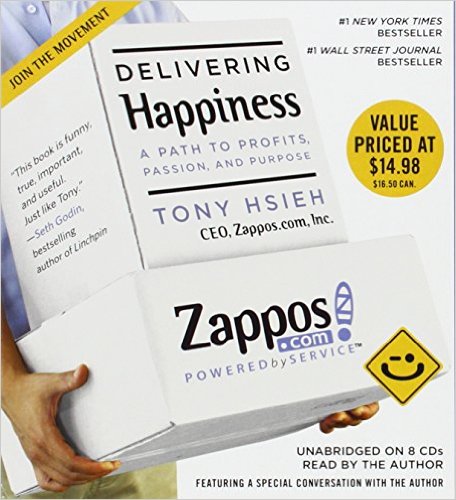 Delivering Happiness
Delivering Happiness
(Grand Central Publishing, 2013) by Tony Hsieh
Zappos CEO Tony Hsieh tells the story of his many businesses in a down-to-earth and engaging manner. Hsieh shows how he decided to re-define corporate culture and create a powerful new model for achieving success.
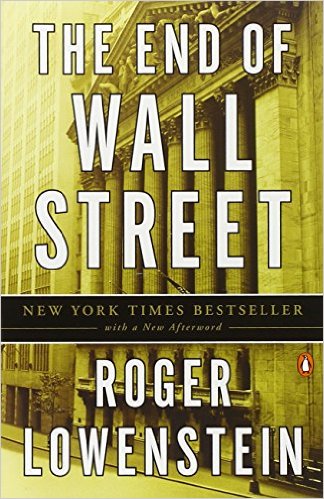 The End of Wall Street
The End of Wall Street
(Penguin Books, 2011) by Roger Lowenstein
A gripping account of the 2008 financial collapse built on over 180 interviews with the heavy hitters of the economic world. Lowenstein examines the roots of the crisis to demonstrate how America fell to the temptation of easy debt and speculative mortgages.
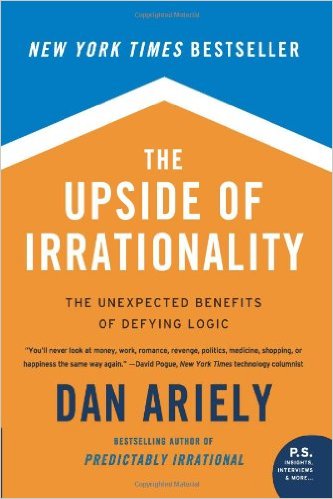 The Upside of Irrationality: The Unexpected Benefits of Defying Logic at Work and at Home
The Upside of Irrationality: The Unexpected Benefits of Defying Logic at Work and at Home
(Harper, 2011) by Dan Ariely
Ariely gives an insightful look on how irrationality influences our decisions in and out of the boardroom. We can't escape our instincts, and Dan Ariely suggests maybe we shouldn't always try.
Kinda wish I would have went to ECPI right out of high school instead of VCU/ODU
— Sandy Cheeks (@_tyrambitious) July 10, 2015
Is Business Management In Your Future?
Anyone keeping these books nearby for traveling or summer reading could have an advantage getting into the business management program of their choice. Contact ECPI University today for more information about how to apply for a Bachelor's Degree in Business Administration. It could be the Best Decision You Ever Make!
DISCLAIMER – ECPI University makes no claim, warranty or guarantee as to actual employability or earning potential to current, past or future students or graduates of any educational program we offer. The ECPI University website is published for informational purposes only. Every effort is made to ensure the accuracy of information contained on the ECPI.edu domain; however, no warranty of accuracy is made. No contractual rights, either expressed or implied, are created by its content.
For more information about ECPI University or any of our programs click here: http://www.ecpi.edu/ or http://ow.ly/Ca1ya.


